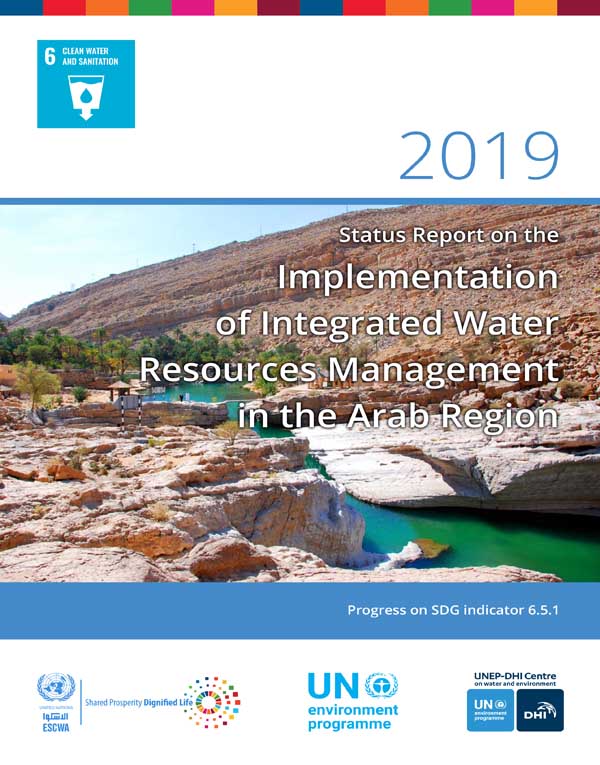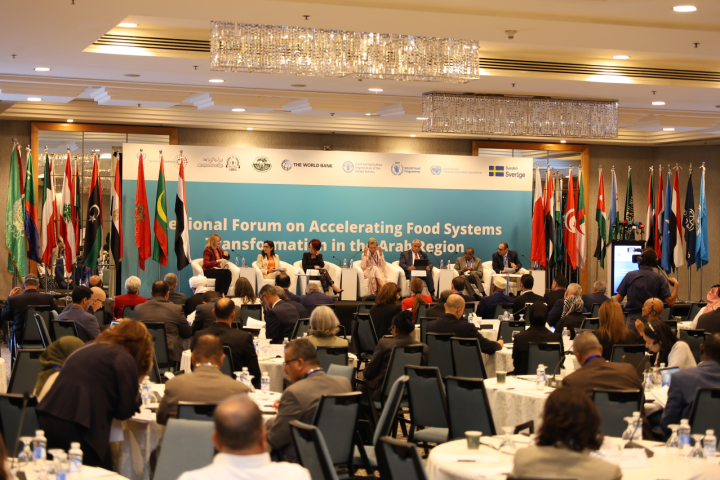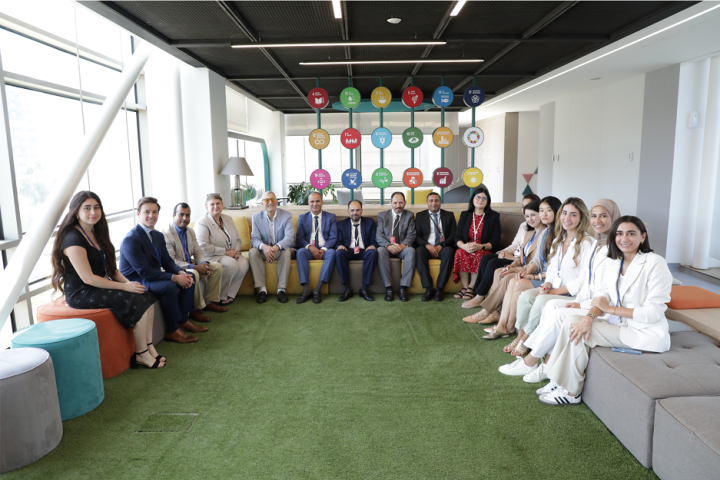Beirut, 12 January 2021 (ESCWA)--To promote an integrated and sustainable management of shared water resources, ESCWA held an 8-session virtual training on “Building negotiation skills for cooperation in managing transboundary water” targeting young negotiators from Arab States.
Almost 2/3 of freshwater resources are shared in the water-scarce Arab region; however, the lack of accurate data and limited agreements on shared water resources hamper their good management. In addition, the region’s groundwater is largely non-renewable and water quality is deteriorating.
“A new way of thinking and a shared perspective on water management can help sustain the remaining shared water resources in the region,” said Ziad Khayat, Economic Affairs Officer at ESCWA, as he warned that “it is too late to save some of the shared water”.
The training, which spanned from 10 December to 11 January, provided participants with a deeper understanding of negotiation skills, theories and methods of water diplomacy, and the ability to identify potential cooperation avenues in negotiations on transboundary waters.
“We learned how to build partnership and trust, how to enter a negotiation with the riparian countries and how to form a team from different backgrounds to be technically ready for negotiations,” said Samaa El Baroudy, an engineer from Egypt. “We need to put more efforts into negotiations by using the knowledge acquired during the sessions,” she added.
The training modules covered international legal tools for water management, the cooperation processes and tools available for dispute resolution in the field of water diplomacy, as well as basics of the negotiation process and communication skills critical to negotiations.
To learn more about this topic, explore here the 2019 Status Report on the Implementation of Integrated Water Resources Management in the Arab Region, or click here for the Inventory of Shared Water Resources in Western Asia.
***
For more information:
Ms. Maryam Sleiman, Public Information Assistant, +961- 81-769-888; sleiman2@un.org
Ms. Rania Harb, Public Information Assistant, +961-70-008-879; harb1@un.org





